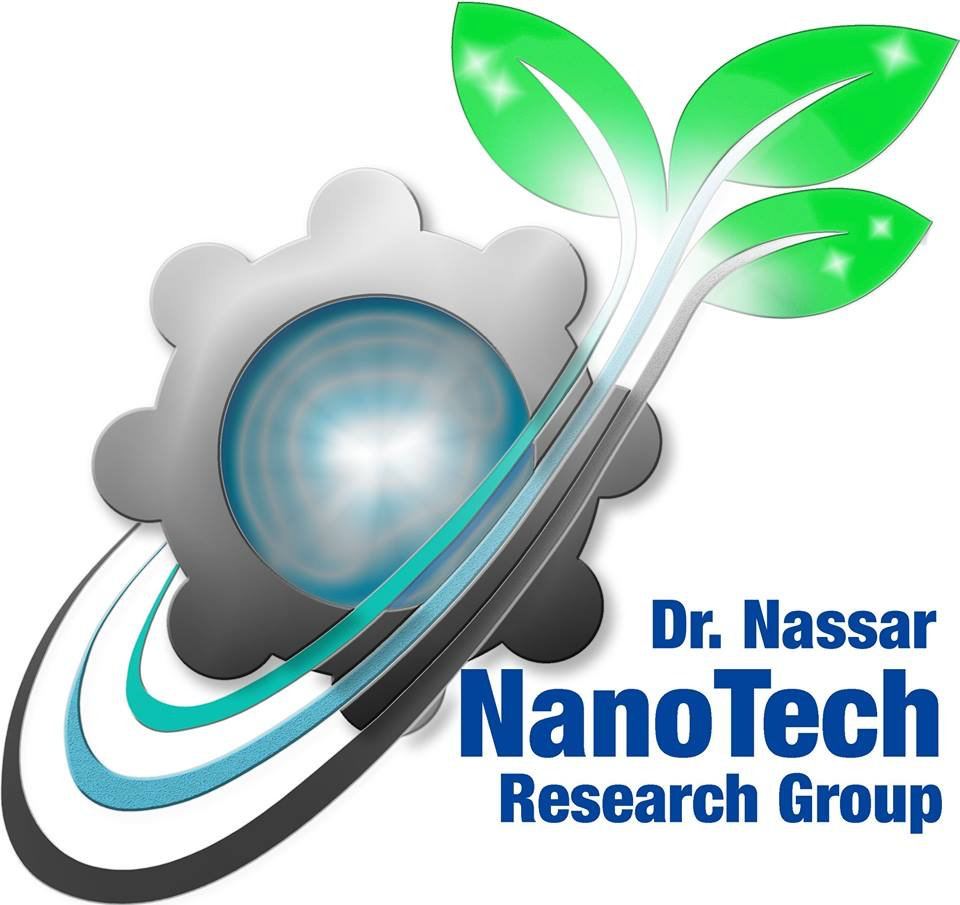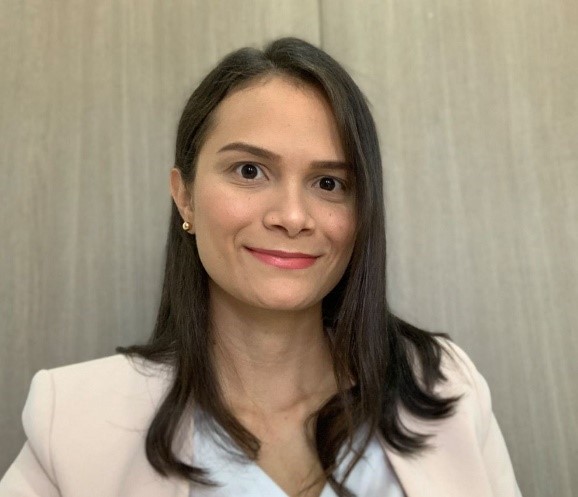PDF and RA

Saleh S. Baakeem, PDF
Lab Manager
Dr. Saleh Baakeem is a Post-Doctoral Fellow (PDF) at the Dr. Nassar Group for Nanotechnology Research at the Chemical and Petroleum Engineering Department at the University of Calgary (UofC). Dr. Baakeem has strong experience in experimental and numerical approaches. In his current appointment, his research focuses on Asphalt emulsion, drag reduction phenomenon, wax deposition, sonochemical reactors, Nano-SAGD, etc. Before joining Dr. Nassar's group, his interest was in the numerical and theoretical study of single- and multi-phase flow, heat transfer, evaporation, HVAC systems, power plants, and geothermal power systems. In addition to that, he is a former sessional instructor for the grad course "Energy and Environment (ENEN 671)" at UofC and a former tutor instructor for several mechanical engineering courses at UofC and KSU.
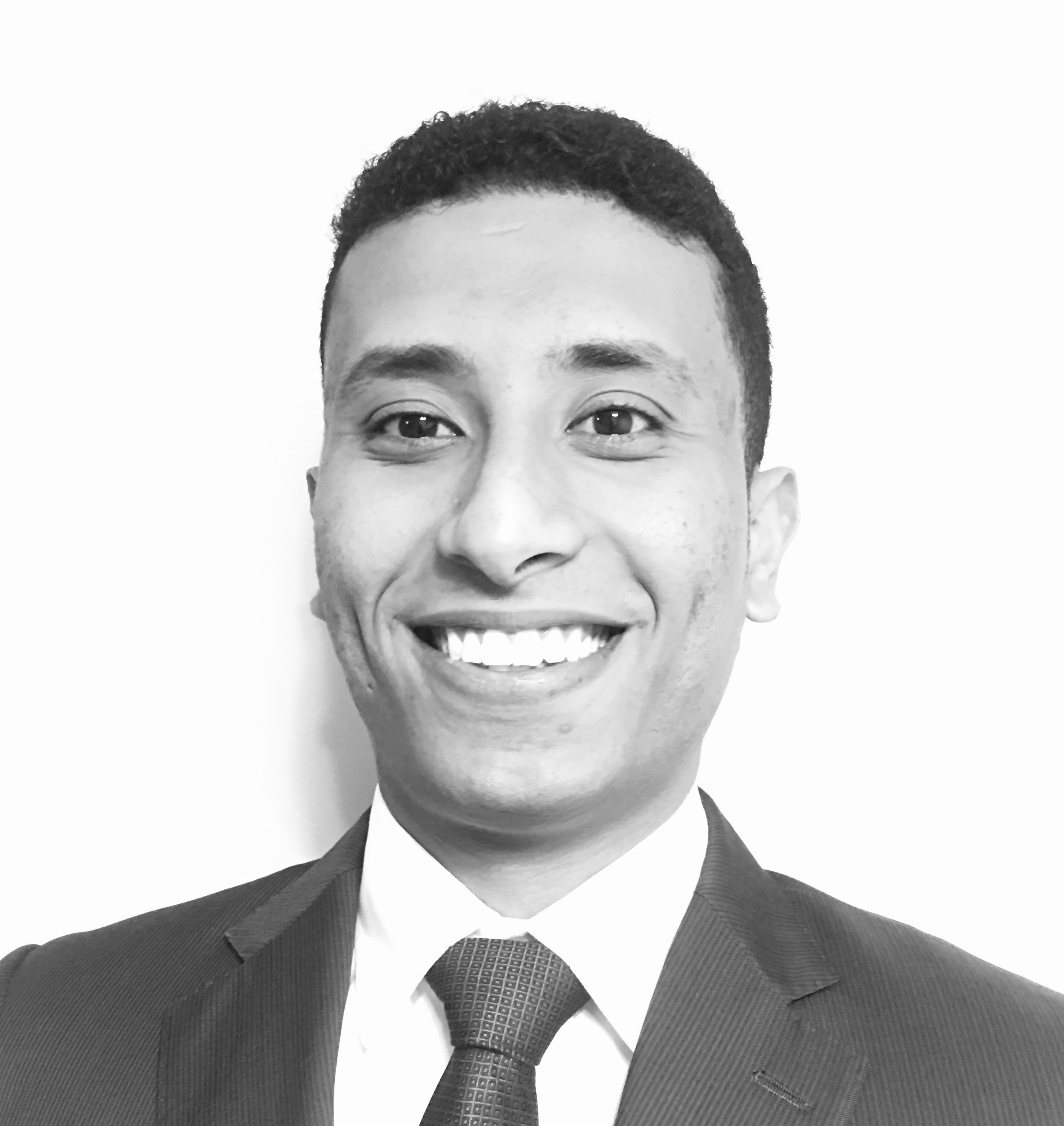
Ahmed Mehairi, PDF
Lab Manager
Ahmed Mehairi is a motivated and accomplished researcher and engineer with a robust background in chemical engineering and a specialization in nanoparticle applications for cement-based systems, geopolymers, foam stability, drilling fluids, and enhanced oil recovery. He has also been involved in other research initiatives including waste plastic recycling, production of core-shell biocidal particles, water treatment, and chemical compatibility studies. Ahmed has a strong aptitude for learning and tackling challenging projects. He holds PhD and BSc degrees in chemical engineering from the University of Calgary and currently working as a postdoctoral fellow in Dr. Nassar’s research group. His PhD dissertation focused on the innovative use of nanoparticles to enhance the mechanical properties and microstructure of oil well cement slurry and stabilize CO2/N2 aqueous foams for lightweight foamed concrete production. Ahmed has also a well-rounded industry experience working on a broad range of projects in the areas of operations, optimization, energy consulting, and project engineering. Having held various roles in the industry, his experience has ranged from GHG emissions estimations to supporting the execution of major projects like a $1.3 billion cogeneration project. Ahmed has also worked in natural gas processing and process safety. He is experienced in using different modelling software packages to model process equipment and reaction kinetics. In addition to Ahmed’s research and industry experience, his teaching roles at the University of Calgary have included serving as a teaching assistant for several engineering and science courses, where he supervised student projects, facilitated classroom discussions, demonstrated experimental procedures, and ensured the safe conduct of laboratory sessions. Ahmed's multifaceted experience in academia and industry, combined with his innovative research capabilities, highlights his focus on sustainability and scalability in all his research endeavours.

Kotaybah Hashlamoun, PDF
Dr. Kotaybah Hashlamoun is a postdoctoral fellow at the Chemical and Petroleum Engineering Department at the University of Calgary (UofC). In his current research, he tests and models the drag reduction phenomenon of polymer additives in linear and rotational flow geometries. Before joining Dr. Nassar's group for nanotechnology, Kotaybah obtained his Ph.D. in Biomedical Engineering from UofC, where he performed an experimental and theoretical study on the fluid permeability and molecular diffusion of particles in articular cartilage to further understand the mechanical degradation of the tissue. In addition to his research, Kotaybah enjoys teaching and tutoring. He is a former sessional instructor for BMEN 381 (Mechanics I) and a former tutor instructor for several biomedical and mechanical engineering courses.
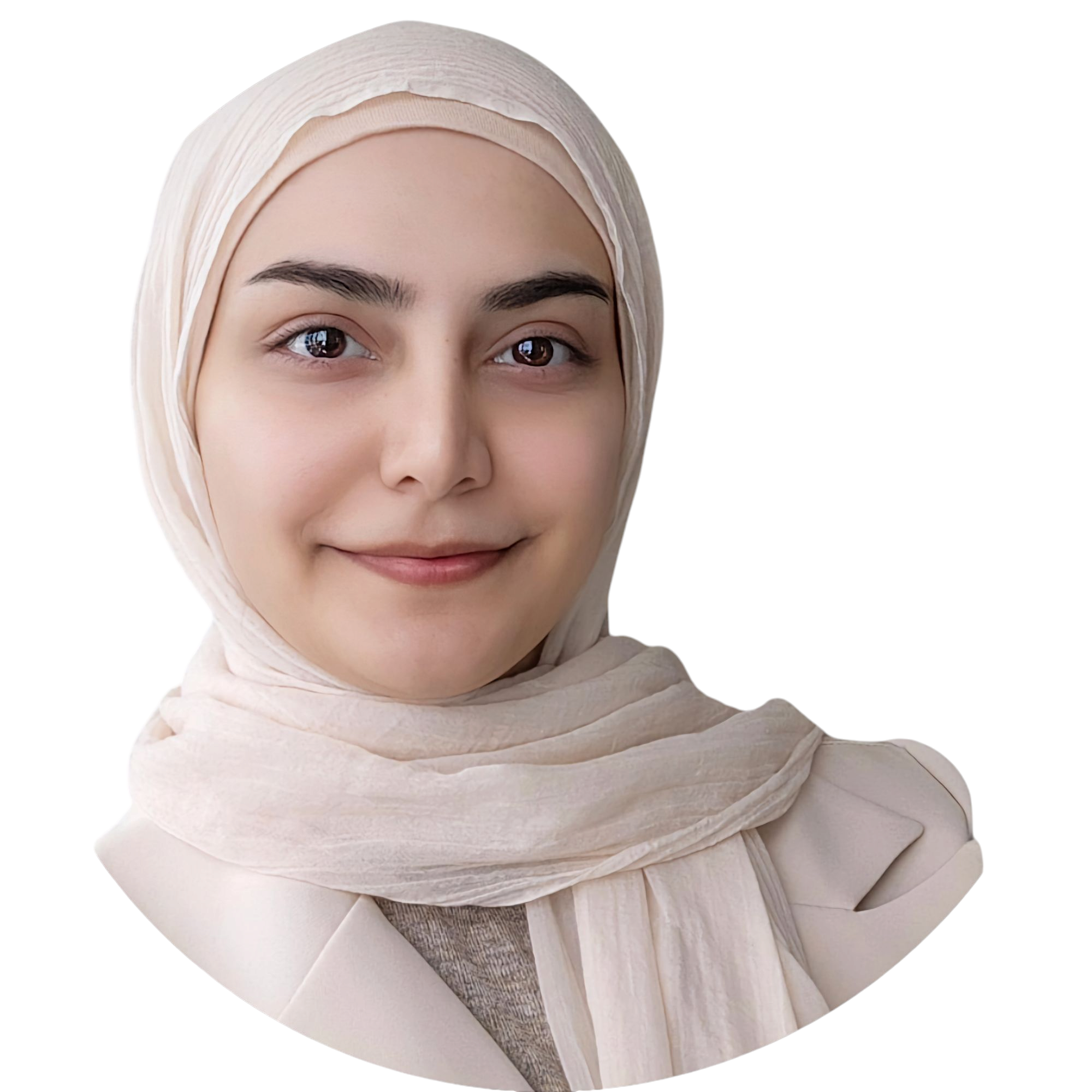
Maryam Doroudian, PDF
Dr. Maryam Doroudian is a Postdoctoral Associate in the Dr. Nassar Group for Nanotechnology Research at the Department of Chemical and Petroleum Engineering. Her research focuses on nano-based wax inhibitors and Nano-SAGD (Steam-Assisted Gravity Drainage), developing innovative nanotechnology solutions to improve flow assurance and enhance oil sands recovery processes. By integrating fundamental chemistry with engineering applications, her work contributes to more efficient and sustainable energy production.
Dr. Doroudian holds a Ph.D. in Analytical/Environmental Chemistry from the University of Calgary. She has extensive expertise in nanomaterial synthesis, material characterization, polymer science, advanced analytical techniques, and heavy metal toxicology.
Beyond her research, Dr. Doroudian is a dedicated educator and mentor. She has taught various analytical chemistry and environmental science courses, earning high ratings from students for her ability to effectively communicate complex scientific concepts and provide hands-on laboratory training. With a diverse skill set and multidisciplinary background, Dr. Doroudian is committed to advancing both fundamental and applied research.
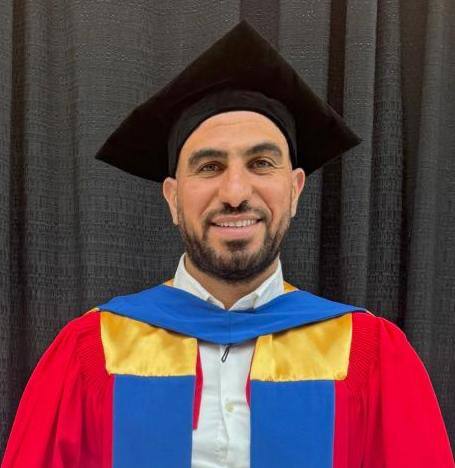
Ramy Elaswad, PDF
Dr. Ramy Elaswad is a Post-Doctoral Fellow (PDF) at the Dr. Nassar Group for Nanotechnology Research in the Chemical and Petroleum Engineering Department at the University of Calgary. Dr. Elaswad has extensive expertise in advanced fluid flow analysis using CFD software and numerical modeling techniques, multi-phase flow, heat transfer, and material engineering principles. In his current role, his research focuses on wax deposition, and applications of nanotechnology in fluid dynamics. Before joining Dr. Nassar’s group, Dr. Elaswad’s work focused on computational fluid dynamics, manufacturing, material characterization, and optimization. In addition to his research, Dr. Elaswad has taught several courses at the University of Calgary, including Fluid Mechanics, Engineering Graphics, Material Technology, and Numerical Methods, demonstrating his commitment to education and knowledge sharing. His multidisciplinary expertise and dedication to innovation continue to drive advancements in the fields of mechanical engineering and nanotechnology.

Mariam Abdelaziz, RA
Bachelor’s degree in Natural Sciences from the University of Calgary, with a strong foundation in Chemistry. Currently, an RA in the department of chemical engineering working on the synthesis of nanoparticles for innovative applications in cementitious materials and cement-free binders.
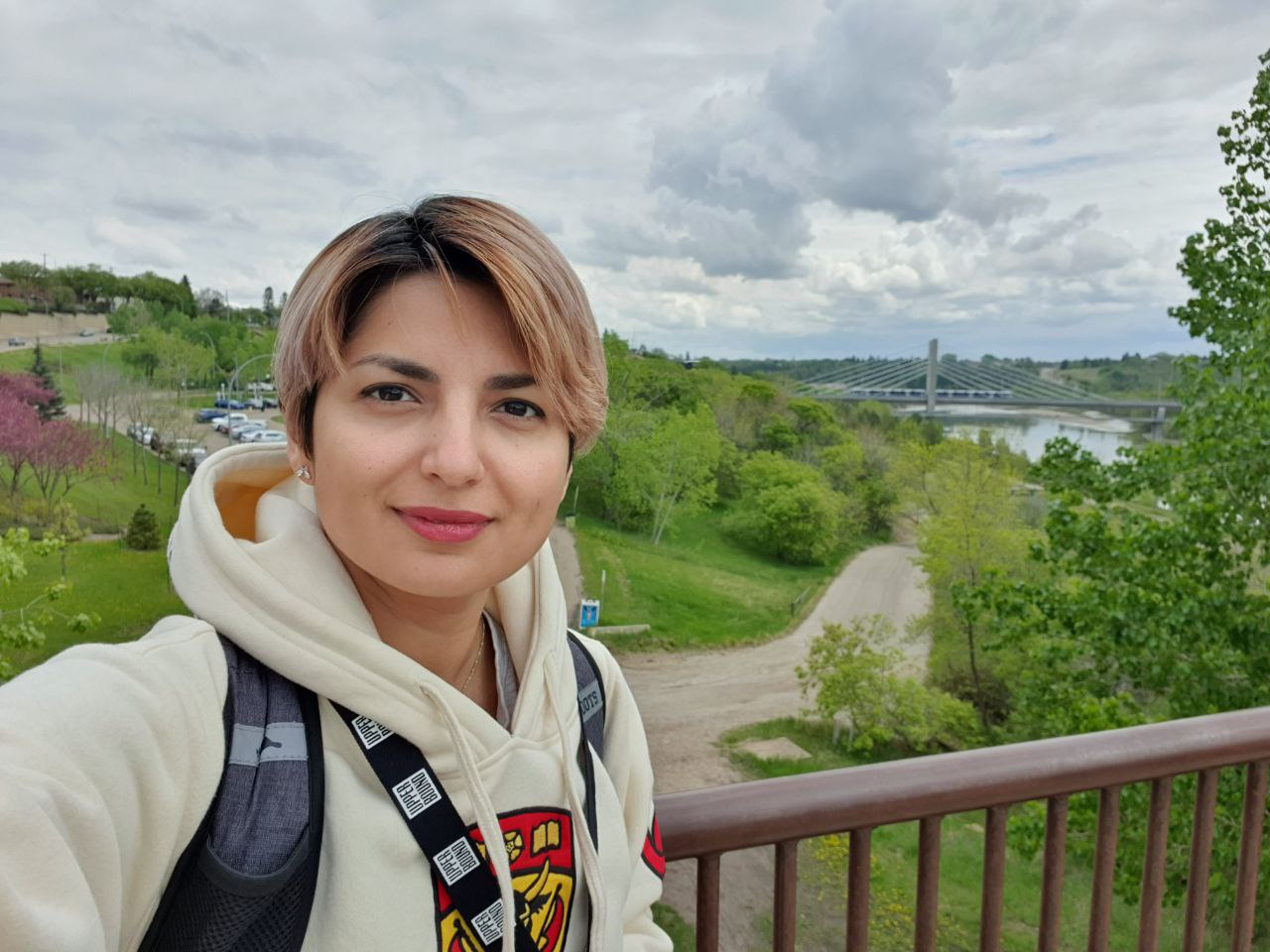
Narsis Mohammad Mehdipour, PDF
Dr. Narges Mohammad Mehdipour is a chemical engineer with extensive expertise in complex fluids rheology, polymer nanocomposites, and advanced materials characterization. Her research focuses on developing and optimizing high-performance polymer systems through nanoscale engineering, with applications spanning energy, environmental, and industrial sectors. She has a strong track record in transitioning processes from bench-scale experiments to pilot and large-scale production, ensuring reproducibility and scalability of advanced material formulations. With over six years of hands-on lab experience, she also brings exceptional leadership in laboratory management, experimental design, and multidisciplinary project coordination. Dr. Mehdipour plays a key role in driving innovation and maintaining operational excellence within the Nassar research group.

Afif Hethnawi, PDF
Dr. Hethnawi is a Postdoctoral fellow in Chemical and Petroleum Engineering at the University of Calgary. As a researcher, he has exceptional achievements in terms of the number of prestigious peer-reviewed articles, research awards, and industrially oriented projects. His research activities include fabricating and tailoring designs of nanoparticles for diverse fields of applications, such as wastewater treatment, enhancing oil recovery, drag reduction, drug delivery, and food processing industries. In the past few years, he worked heavily on developing new classes of eco-friendly and highly effective nanomaterials to clean up the real wastewater that is tremendously generated from the oil and gas industries, such as steam-assisted gravity drainage (SAGD) produced water, oil sand process-affected water, and oil spills. The key area of research is focusing on using environmentally friendly and multifunctional nanomaterials for the simultaneous removal of various contaminants including suspended solids, emulsified oil, dissolved organics, silica, and heavy metals from oil sands produced water. Additionally, he has done intensive work on producing different families of functionalized and non-functionalized silicate, zeolite, and iron-based nanomaterials that have shown outstanding performance in the removal of heavy metals, highly toxic pharmaceutical compounds, dyes, and total organic carbon from various industrial effluents. Interestingly, Hethnawi and his team members have developed an innovative process combining sand-bed filtration and adsorption for the removal of organic and inorganic contaminants from wastewater. To the best of his knowledge, his nanomaterials can be synergistically integrated with many currently applied primary, secondary, and even advanced water and wastewater treatment processes. As an outcome, Dr. Hethnawi received around twenty-five invitations to present his work at number of international conferences and Symposiums inside and outside Canada. As an instructor, Dr. Hethnawi has outstanding records in teaching many courses in the fields of chemical, environmental, separation processes, process design, effluent treatment processes, and natural gas processing technologies. Currently, he worked as an instructor and co-instructor for many undergraduates (i.e., fluid dynamics, heat transfer, separation processes, and thermodynamics) and graduate-level courses (i.e., wastewater issues for the oil and gas industries and natural gas processing principles).

